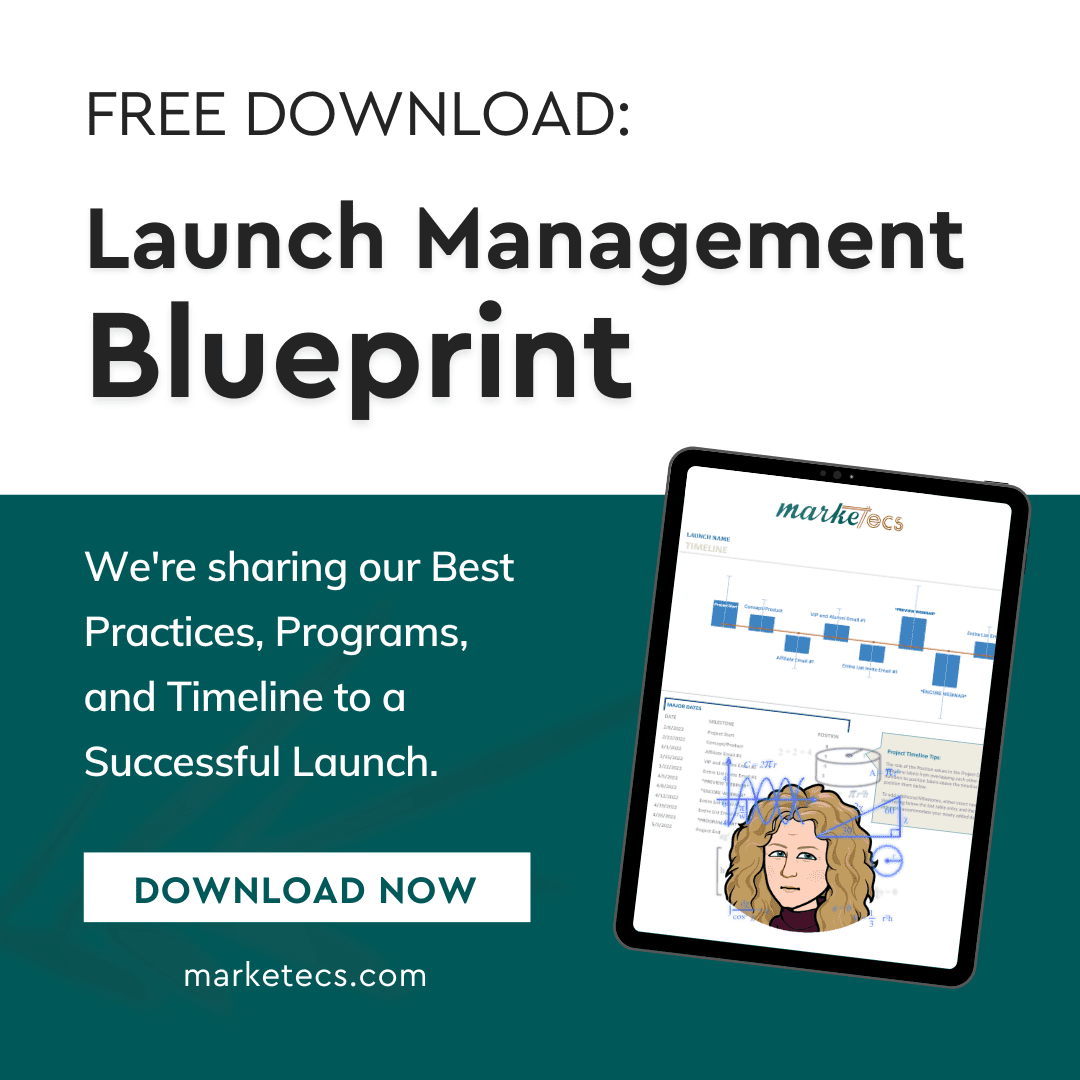Read this article on content marketing to discover:
- How to establish yourself as a trusted expert in your field
- Proven strategies for creating content that resonates with your audience
- An easy-to-follow example of a content calendar
- Actionable tips to attract high-quality leads and boost your online presence
In today’s fast-paced, competitive digital world, content marketing has become an essential strategy for consultants looking to establish authority, generate leads, and maintain client relationships.
Even for seasoned consultants, the shift to modern content marketing can feel overwhelming. However, when implemented correctly, it is one of the most powerful tools to grow your business – while freeing up your time for what matters most: your clients.
As Jay Baer, author and marketing consultant, says, “Content is fire, social media is gasoline.” Content marketing lays the foundation and amplifying it through social channels allows your business to reach new audiences and generate more leads.
What is Content Marketing?
Content marketing is a strategic approach that focuses on creating valuable, relevant, and consistent content to attract and retain a specific audience. It’s not about pushing hard sales, but building trust with your audience by offering insights, advice, and resources that demonstrate your expertise. For business consultants, content marketing can mean the difference between being seen as a trusted thought leader…or just another face in an overcrowded marketplace.
Why is Content Marketing Crucial for Consultants?
- Establish Authority: Sharing high-quality content allows you to showcase your expertise. This can take the form of blog posts, case studies, white papers, or even podcasts and videos. By consistently delivering valuable insights, you position yourself as a go-to expert in your field. Seth Godin, entrepreneur and author, emphasizes, “Your brand is not what you sell; it’s the story you tell.” Telling your story through content helps build a personal connection with your audience, enhancing your credibility.
- Nurture Client Relationships: One of the most valuable benefits of content marketing is its ability to strengthen existing client relationships. Regularly sharing helpful content like newsletters, success stories, or industry updates helps maintain top-of-mind awareness with your clients and adds value to the relationship long after the initial project is complete. Andrew Davis, author and keynote speaker, highlights this idea, saying, “Content builds relationships. Relationships are built on trust. Trust drives revenue.”
- Attract High-Quality Leads: The right content will attract the right audience. When potential clients see that you consistently offer valuable solutions to the problems they face, they’re more inclined to reach out. In fact, 47% of buyers view 3 to 5 pieces of content before engaging with a sales representative (Demand Gen Report, 2020). Plus, SEO-optimized content will increase your visibility on search engines, driving organic traffic to your website. Businesses that blog regularly get 55% more website visitors than those that don’t (HubSpot, State of Inbound Marketing Report), underscoring the importance of consistent content creation.
Aligning Content with Your Business Goals 
For consultants, content marketing should align with your overarching business goals. Here’s how to incorporate annual planning into your content strategy:
- Define Your Business Goals: Start by outlining your long-term objectives for the year. Whether it’s growing your client base, launching new services, or enhancing your online presence, these goals will guide your content strategy.
- Map Content to Objectives: Ensure that every piece of content supports one of your business goals. For example, if your goal is to attract high-value clients, focus on creating case studies, success stories, or expert articles that highlight your results-driven approach.
- Create a Content Calendar: Plan your content over the year in alignment with key business milestones. A well-structured calendar will keep you on track, prevent last-minute content creation, and ensure your messaging remains consistent.
- Review and Adjust: At regular intervals throughout the year, assess the effectiveness of your content strategy. Make adjustments based on performance metrics and shifting business priorities to stay aligned with your goals.
Example Content Calendar for Consultants
To keep your content marketing aligned with your business goals, here’s a brief example of a content calendar:
| Week | Content Type | Topic | Goal/Focus | Notes |
| Week 1 | Blog Post | “5 Common Leadership Challenges and How to Overcome Them” | Showcase expertise in leadership consulting | SEO keywords: leadership challenges, leadership consulting |
| Week 2 | Social Media | Key takeaways from blog post | Drive traffic to blog and increase engagement | Use engaging visuals, schedule across LinkedIn, Twitter, and Facebook |
| Week 3 | Case Study | “How We Helped [Client Name] Improve Their Business Strategy” | Highlight real-world results to attract high-value clients | Use client testimonial, focus on measurable outcomes |
| Week 4 | Newsletter | “Top Trends in Business Consulting for 2024” | Keep current clients engaged and informed | Include CTA to schedule a consultation |
This content calendar helps you stay organized and consistent, ensuring your content serves your business goals while maintaining engagement with your audience.
Best Practices for Content Marketing Success
- Know Your Audience: Tailor your content to your specific audience. This often means speaking directly to established professionals who appreciate efficiency, trustworthiness, and practical advice. Use content to address common pain points and offer actionable solutions. Think about what your clients are searching for—whether it’s improving business strategies or optimizing their operations—and create content that meets those needs.
- Be Consistent: Consistency is key when it comes to building a successful content marketing strategy. Develop a content calendar and stick to it. Regularly scheduled blog posts, social media updates, or email newsletters keep your audience engaged and invested in what you have to offer. Marketecs can help automate these processes so you can focus on delivering high-quality content without the stress of constant manual effort.
- Optimize for SEO: Well-optimized content is crucial to getting your expertise in front of the right audience. Incorporate relevant keywords like “consulting content marketing,” “business strategy for consultants,” and “digital marketing automation” into your posts. This will not only boost your search engine rankings but also ensure your content reaches consultants who are actively seeking solutions to their challenges.
- Leverage Multiple Platforms: Don’t limit yourself to one format. Repurpose your blog posts into social media snippets, podcasts, or even short videos. By diversifying the ways you share content, you reach a wider audience while reinforcing your message across multiple platforms.
Additional Resources
Here’s a list of articles you may also find beneficial as you flush out your content marketing strategy.
-
Showcase your Expertise: Position Yourself as a Thought Leader Through Content Marketing
-
Jumpstart Your Creativity with These 4 Tips (& a BONUS Hack)
Content Marketing: A Key Tool
Content marketing is more than just a trend—it’s a vital tool for consultants looking to grow their business, establish authority, and build lasting relationships.
93% of B2B marketers use content marketing to build brand awareness and educate audiences (Content Marketing Institute, 2020). By implementing an effective content marketing strategy that aligns with your annual goals, you’ll not only attract new clients, but also cement your reputation as a trusted expert in your field.
Ready to get started? Marketecs can help you develop and execute a customized content marketing plan designed for your unique consulting business. Reach out today to learn more!


